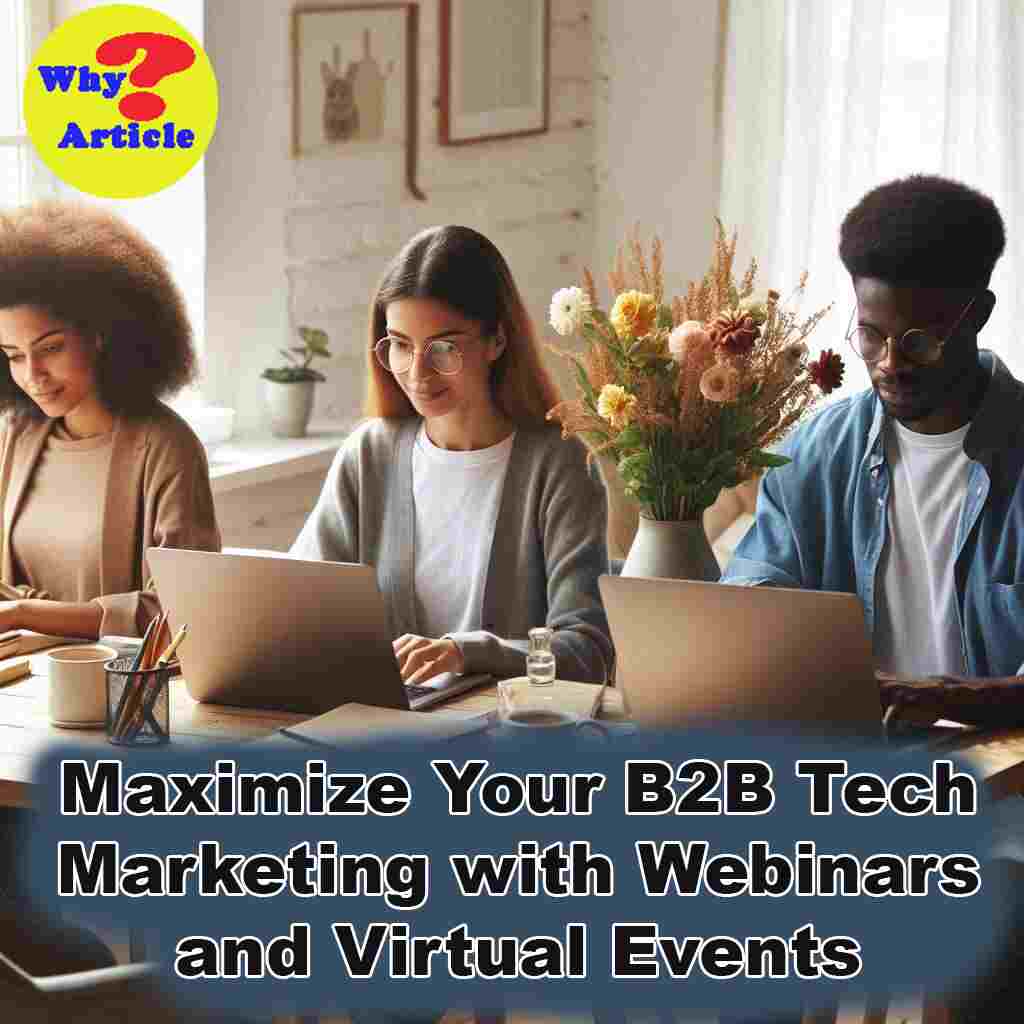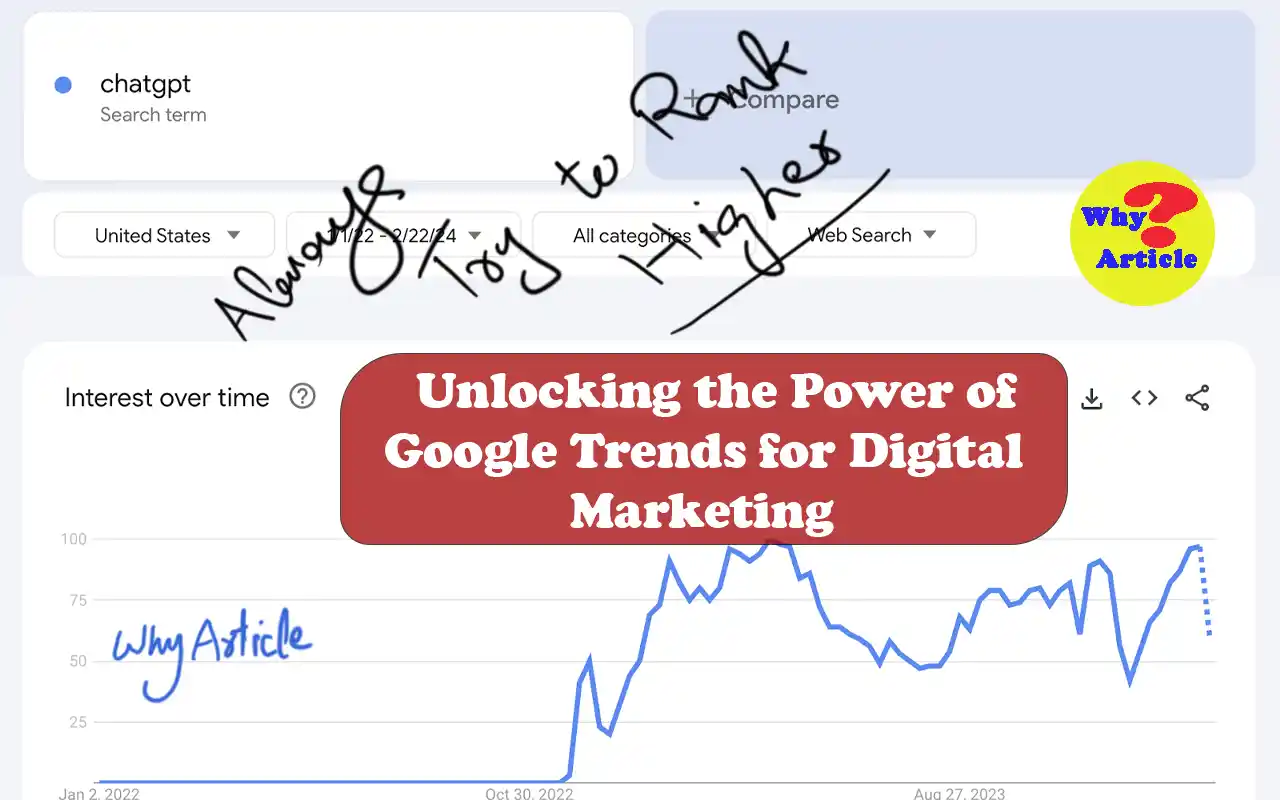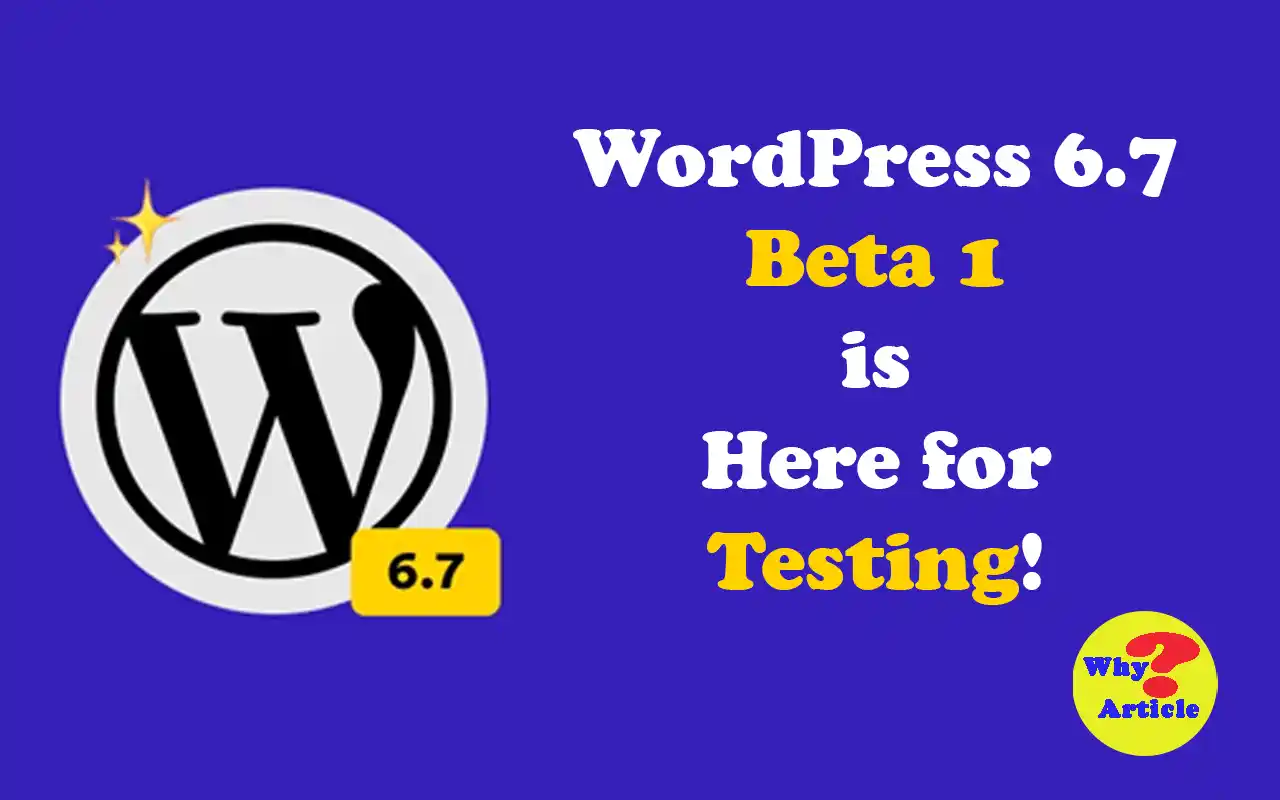In today’s digital world, webinars and virtual events are a game-changer for B2B software and tech companies. With remote work on the rise and businesses constantly evolving digitally, these online events offer a fantastic way to connect with prospects, generate leads, and turn them into loyal customers.
Let’s dive into why webinars and virtual events are crucial for your B2B marketing strategy and how to make the most out of them.
Why Webinars and Virtual Events Matter
Connecting with Your Audience
Webinars and virtual events allow you to connect with a targeted audience. You can share valuable content, break down complex tech jargon, and showcase your expertise. These events are not just about talking at your audience; they’re about engaging with them.
You can reach a wider audience, breaking geographical boundaries and creating an interactive experience that resonates.
Scaling Your Reach
One of the biggest advantages of virtual events is the ability to scale. Unlike physical events, where you’re limited by location and space, virtual events let you reach thousands of people from all over the world.
This broader reach means more potential leads and customers.
Establishing Expertise
Hosting webinars and virtual events positions your company as an industry leader.
By providing insightful, valuable content, you build trust and credibility. People are more likely to do business with companies they see as knowledgeable and reliable.
How to Maximize Your Webinars and Virtual Events
Pre-Event Strategies
Choosing the Right Topic
Your topic should solve a problem or provide valuable insights for your target audience. Think about what issues they face and how you can help them.
This ensures that the people who attend are genuinely interested in what you have to say.
Targeting Your Audience
When creating your content, always keep your ideal customer in mind.
What challenges do they face? What are their interests? Tailor your message to address these points.
Promoting Your Event
Promotion is key. Use social media and email marketing to spread the word. Create a buzz around your event by highlighting why it’s a must-attend.
Make sure to tell your audience that the event is free – this can significantly boost attendance.
Creating Engaging Content
Your content should be top-notch and interactive. Incorporate polls, Q&A sessions, and real-time chat to keep your audience engaged.
Remember, a good story can captivate your audience better than any sales pitch.
Preparing to Host the Virtual Event
Selecting the Right Speakers
Choose speakers who are experts in your industry. Their insights and ability to connect with the audience can greatly enhance the credibility and value of your event.
Choosing the Right Platform
Select a reliable and flexible virtual event platform that meets your needs. It should support a large number of attendees, offer interactive features, and integrate well with your marketing tools.
Testing Everything
Ensure your internet connection is strong enough to support a seamless event.
Test your webcam, microphone, and screen-sharing capabilities. Run a full rehearsal to iron out any kinks.
During the Event
Keeping Attendees Engaged
Use polls, quizzes, and live chats to keep your audience involved.
Host interactive Q&A sessions and encourage attendees to ask questions and interact with each other.
Delivering Valuable Content
Focus on providing actionable insights, case studies, and industry trends.
Avoid turning your event into a sales pitch. Instead, show how your product or service can solve real problems.
Handling Technical Issues
Have a support team ready to address any technical issues that may arise. Make sure they are well-versed in the event platform and can assist attendees promptly.
Post-Event Strategies
Following Up
Send personalized thank-you emails to attendees and provide access to post-event resources. This can include a recorded demonstration of your product or an invitation to a free trial.
Measuring Success
Track metrics such as registration rates, attendee engagement, and feedback. These insights will help you understand what worked and what didn’t, allowing you to improve future events.
Optimizing Future Events
Use the data and feedback from your last event to refine your strategy. Continuously improve your content, promotional tactics, and overall event experience to maximize value.
Enhancing SEO for Your Webinars and Virtual Events
Optimizing Landing Pages
Your event’s landing page should be optimized with targeted keywords. This helps search engines understand the relevance and value of your event, increasing its visibility.
Crafting SEO-Friendly Titles and Descriptions
Include keyword-rich titles and descriptions to improve search engine rankings. Make sure these are clear and compelling to attract potential attendees.
Building Backlinks
Get credible websites and industry influencers to link back to your event’s landing page. This boosts your event’s search rankings and drives more traffic.
Promoting on Social Media
Use social media to increase the discoverability of your event. Craft engaging posts, use relevant hashtags, and encourage your audience to share your event with their networks.
Conclusion
Webinars and virtual events are indispensable tools in the B2B software and tech marketing toolkit. By implementing effective pre-event, during-event, and post-event strategies, you can maximize their impact.
Focus on delivering value to your audience, and you’ll see improved brand awareness, lead generation, and conversions. For expert guidance in your tech marketing efforts, reach out to Why Article Support Team.
Frequently Asked Questions
Focus on the problems your target audience faces and offer solutions or valuable insights. This ensures your topic is relevant and engaging.
Choose a platform that supports large audiences, offers interactive features, and integrates with your marketing tools. Ensure it provides a reliable and smooth experience for both you and your attendees.
Use interactive elements like polls, quizzes, and live chats. Host Q&A sessions and encourage attendees to ask questions and interact with each other.
Have a support team ready to address any issues promptly. Make sure they are familiar with the event platform and can assist attendees efficiently.
Track metrics such as registration rates, attendee engagement, and feedback. Use these insights to understand what worked and what didn’t, and refine your strategy for future events.
Optimize the page with targeted keywords, craft SEO-friendly titles and descriptions, build backlinks, and promote the event on social media.
By following these guidelines, you’ll be well on your way to creating successful webinars and virtual events that drive results for your B2B software and tech business.




